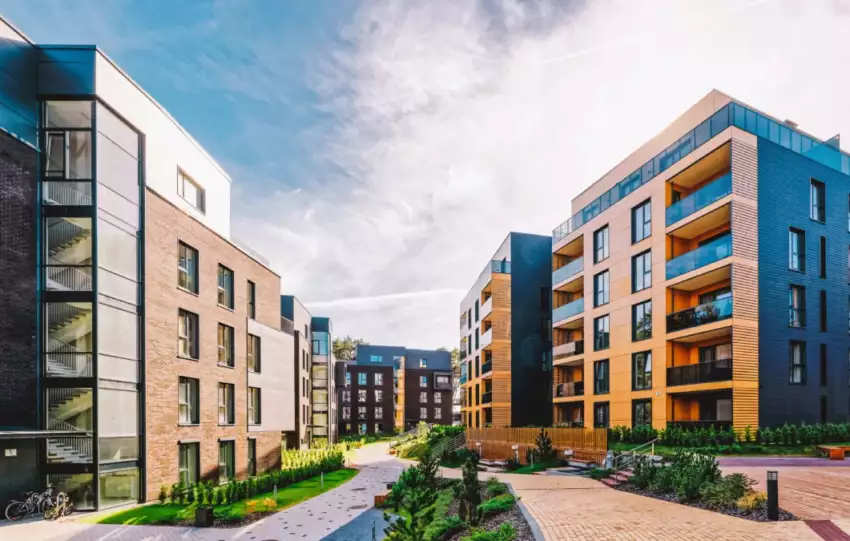BEIJING, Dec. 4, 2020 /PRNewswire/ — This is a report from China SCIO:
China relocated nearly 10 million poor people from inhospitable areas from 2016 to 2020, a feat in both human migration and global poverty reduction efforts, according to an official at a press conference held by the State Council Information Office in Beijing Thursday.
Zhao Chenxin, secretary general of the National Development and Reform Commission, made the following remarks at the press conference.
The aim of the poverty-alleviation relocation project is to relocate poor people from inhospitable areas. As a special part of China’s poverty alleviation efforts, it helps people settle in more hospitable areas and provides them with new jobs, so as to eradicate poverty. The project solves the fundamental problems faced by relocated people in escaping poverty.
During the 13th Five-Year Plan period (2016-2020), China has invested about 600 billion yuan in resettlement housing. Around 35,000 resettlement communities have been built, including over 5,000 in urban areas and more than 30,000 in rural areas.
Over 2.66 million resettlement homes have been built, covering a floor space of 210 million square meters, and offering each involved household 80.6 square meters of living space.
By the end of 2019, a total of 9.2 million relocated people had been lifted out of poverty. This year, the remaining 400,000 poor people have been relocated through the program across China. Impact assessments are currently underway.
Generally speaking, the relocation program’s targets in the 13th Five-Year Plan period have been achieved, and all the relocated 9.6 million people are on course to shake off poverty. This is a feat in both human migration and global poverty reduction efforts.
China resettles 9.6M people in poverty alleviation campaign
http://english.scio.gov.cn/pressroom/2020-12/04/content_76978018.htm
![]() View original content to download multimedia:http://www.prnewswire.com/news-releases/china-resettles-9-6m-people-in-poverty-alleviation-campaign-301186387.html
View original content to download multimedia:http://www.prnewswire.com/news-releases/china-resettles-9-6m-people-in-poverty-alleviation-campaign-301186387.html


